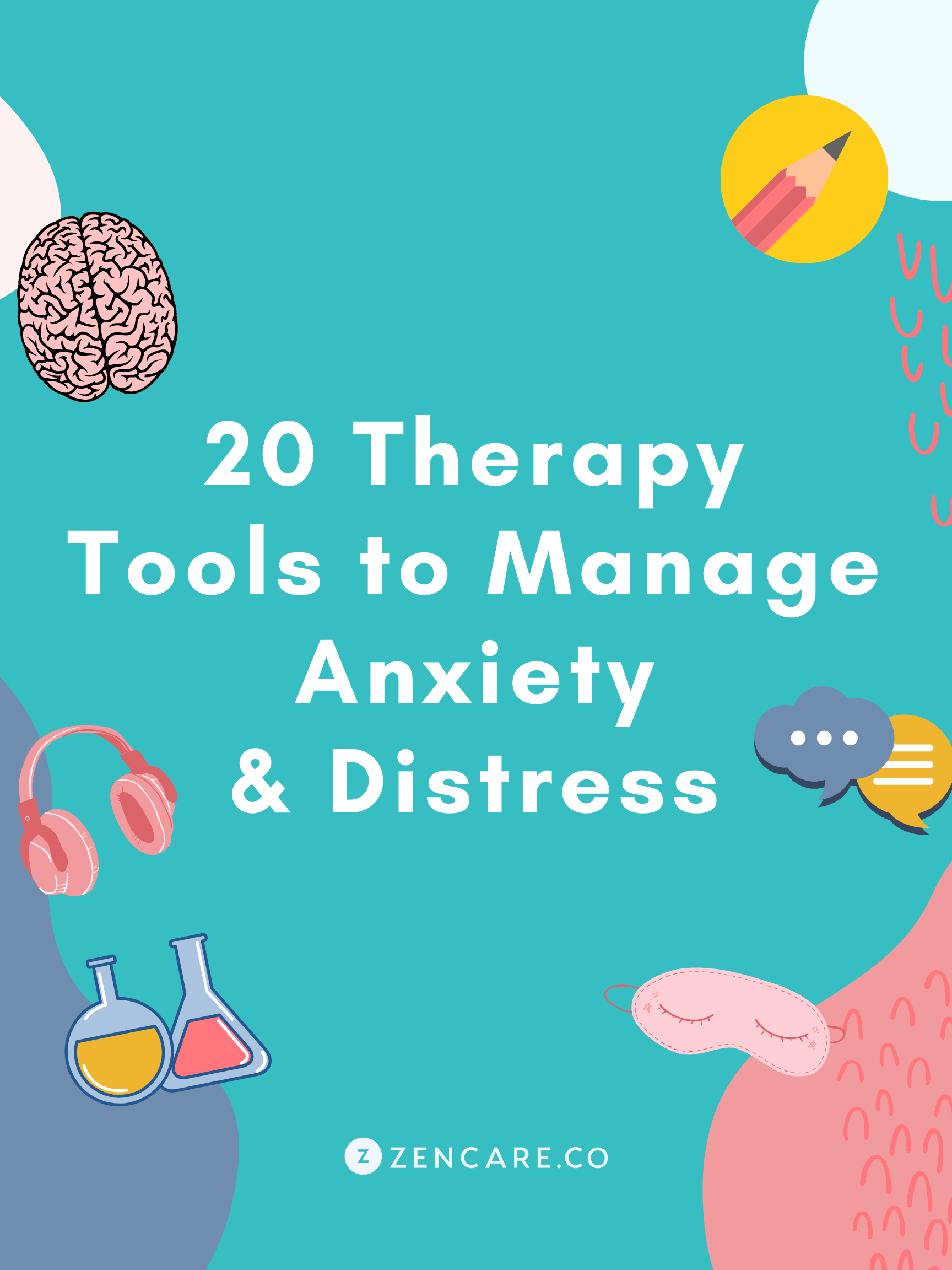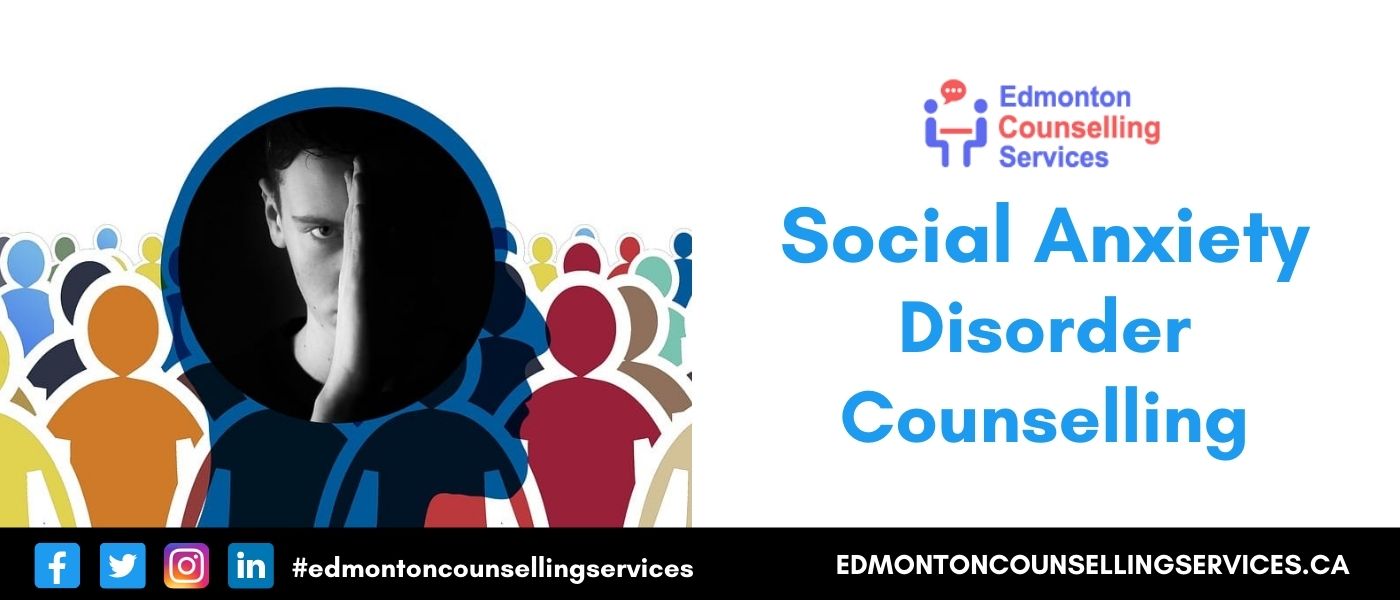Counselling for anxiety disorder: Tailored sessions designed for your needs
Counselling for anxiety disorder: Tailored sessions designed for your needs
Blog Article
Discovering Different Approaches in Coaching for Anxiety Problem for Lasting Adjustment
When dealing with anxiousness disorders, it's essential to explore a selection of counseling strategies. Each technique provides unique insights and devices to help you manage your signs and symptoms effectively. You could discover that combining techniques can generate the very best outcomes. Nonetheless, recognizing the subtleties of these strategies is vital to fostering enduring modification. Suppose the appropriate mix could launch a new level of psychological health for you?
Comprehending Stress And Anxiety Problems: A Brief Review
Stress and anxiety problems, which affect numerous people worldwide, can considerably influence every day life. You might experience frustrating feelings of concern or fret that appear uncontrollable. These sensations can bring about physical signs and symptoms like a racing heart, sweating, and even dizziness. Common kinds of anxiousness disorders consist of generalised anxiety problem, panic problem, and social anxiety condition. Each has distinct signs, but they all share a tendency to disrupt your regular and relationships.Understanding the origin of your anxiety is important. It could come from genetics, mind chemistry, or life experiences. Identifying your triggers can help you manage your reactions much better. It is very important to keep in mind that you're not the only one in this struggle. Many people face similar challenges, and looking for assistance is a solid step towards feeling much better. By finding out about anxiety conditions, you're already on the course to understanding and handling your problem better.
Cognitive-Behavioral Therapy: Testing Unfavorable Thought Patterns
In Cognitive-Behavioral Treatment, you'll start by identifying the negative idea sets off that add to your anxiousness. Once you acknowledge these ideas, you'll work with changing them with even more favorable choices. Together, you'll build effective coping methods to assist manage your anxiousness in everyday situations.
Determining Adverse Idea Triggers

When you encounter moments of distress, identifying the certain triggers behind your negative ideas can be essential in taking care of anxiety. Start by paying interest to circumstances that prompt sensations of concern or fear. Is it a crowded area, a future target date, or a conversation with certain people? Take down these circumstances in a journal. This will help you recognize patterns in your thinking. Notification physical experiences that accompany your negative thoughts, like an auto racing heart or rigidity in your breast. By determining these triggers, you acquire insight right into what's fueling your anxiousness. Understanding these links is the initial step in testing those thoughts and eventually regaining control over your emotional responses.
Replacing Ideas With Positives
Challenging unfavorable thought patterns is an essential action in transforming your frame of mind and lowering anxiety. You might typically locate yourself trapped in cycles of self-doubt or tragic thinking. Rather than letting these thoughts determine your sensations, method replacing them with favorable affirmations or practical choices. For circumstances, when you think, "I can not handle this," change it to, "I can manage challenges one action at once." This simple change can greatly influence your psychological state. Consistently recognizing and countering these adverse ideas assists create a healthier interior discussion. Keep in mind, it requires time and initiative, yet constantly practicing this technique can cause long-term adjustment, equipping you to deal with anxiety with restored self-confidence and strength.
Building Coping Approaches Together
Replacing unfavorable ideas is only the beginning of managing anxiety efficiently. To produce long lasting adjustment, you require to develop coping techniques that encourage you. Cognitive-Behavioral Therapy (CBT) helps you determine and challenge those purposeless thought patterns. With each other, you and your therapist can discover how these thoughts influence your feelings and behaviors.Start by creating functional methods, like journaling or mindfulness exercises, that permit you to face anxiousness head-on. When you encounter your fears slowly, you'll learn to respond differently.

Mindfulness and Acceptance-Based Approaches: Growing Present-Moment Awareness
As you navigate the complexities of anxiety, incorporating mindfulness and acceptance-based methods can substantially enhance your capacity to grow present-moment recognition. By focusing on the present moment, you'll discover that you can observe your thoughts and sensations without judgment (Counseling services for anxiety). This method helps you recognize your stress and anxiety without feeling overwhelmed by it.Engaging in mindfulness workouts, such as deep breathing, body scans, or led meditations, permits you to ground on your own in your existing experience. Acceptance-based strategies motivate you to embrace your emotions instead of fight versus them. When you accept your feelings, they lose their power over you.Incorporating these methods right into your day-to-day routine can change how you react to stress and anxiety. You'll develop resilience and discover to navigate stressful circumstances with greater simplicity. Eventually, cultivating present-moment recognition lays the structure for long-term adjustment, empowering you to lead an extra satisfying life
Direct Exposure Therapy: Confronting Anxieties Slowly
Direct exposure therapy assists you challenge your concerns in a steady way, making it less frustrating. You'll learn methods to deal with anxiety-provoking scenarios step by action, while additionally constructing coping techniques to manage your responses. This technique encourages you to take control and lower stress and anxiety in time.
Steady Exposure Techniques

When facing anxiety, gradually confronting your concerns can be a powerful method to restore control. This strategy, understood as gradual direct exposure, entails gradually revealing yourself to the circumstances or items that trigger your anxiousness. Start with less challenging situations and progressively work your means as much as even more challenging ones. If you're scared of public talking, you could start by talking in front of a mirror, after that progress to sharing ideas with a buddy, and at some point address a small team. Each action assists desensitize you to here the fear, constructing your confidence gradually. Bear in mind, it's necessary to pace on your own and commemorate little success as you move through this process, strengthening your ability to handle anxiousness efficiently.
Structure Coping Techniques
Structure efficient coping approaches is crucial for managing anxiousness, particularly as you face your worries progressively - Counseling services for anxiety. One powerful method is direct exposure therapy, where you start by encountering your anxieties in a controlled manner. Begin with less frightening situations and slowly function your way approximately more difficult circumstances. This steady direct exposure helps desensitize you to anxiousness sets off, making them less overwhelming.Incorporate relaxation strategies, such as deep breathing or mindfulness, to relax your mind during direct exposure. Track your development, celebrating tiny triumphes along the way to boost your confidence. Bear in mind, it's fine to take your time; the objective isn't excellence but consistent enhancement. By constructing these strategies, you'll equip on your own to navigate anxiousness and welcome life extra fully
Psychodynamic Therapy: Uncovering Root Reasons of Anxiousness
Psychodynamic treatment explores the unconscious mind, exposing the source of your anxiousness. By analyzing your thoughts, sensations, and previous experiences, this method helps you uncover underlying problems and unresolved concerns that might add to your current anxiety. You'll deal with a therapist to check out childhood experiences, relationships, and psychological patterns that shape your reactions today.As you obtain understanding right into these much deeper layers of your subconscious, you'll start to recognize exactly how past occasions affect your existing behavior. This understanding can cause catharsis, allowing you to refine feelings you may have suppressed.Through the healing connection, you can also determine defense reaction that may have created over time, supplying a more clear path to transform. Eventually, psychodynamic therapy equips you with the tools to resolve your anxiety at its core, promoting lasting transformation in your psychological well-being.
Integrative and Alternative Methods: Integrating Techniques for Greater Efficiency
Integrating different healing techniques can improve your journey toward taking care of stress and anxiety much more efficiently. By incorporating components from cognitive-behavioral therapy, mindfulness practices, and alternative approaches, you can develop an individualized technique that resolves your unique needs. You might utilize cognitive-behavioral strategies to test adverse idea patterns while including mindfulness workouts to ground yourself in the existing moment.Additionally, checking out alternative practices such as yoga exercise or meditation can promote relaxation and decrease anxiousness symptoms. This mix permits you to create better self-awareness and resilience.Experimenting with these varied methods can aid you uncover what reverberates most with you. Bear in mind, it has to do with locating a synergy that functions, rather than adhering to a single method. This integrative technique not just offers prompt alleviation however likewise promotes long-lasting abilities for taking care of anxiousness, equipping you to reclaim control over your life.
The Function of Support Equipments: Structure Resilience Through Connection
While it might seem that taking care of anxiety is a singular trip, having a strong support system can play an important role in your strength. Bordering yourself with empathetic pals, household, or support teams develops a secure room where you can openly share your feelings and experiences. You advise yourself that you're not alone in this struggle.These connections offer inspiration and can offer practical coping methods that have functioned for others when you connect with others. It's also an opportunity to acquire viewpoint; close friends can assist you see scenarios in a different way, reducing feelings of isolation.Moreover, psychological assistance promotes a feeling of belonging, which can greatly ease anxiety signs and symptoms. By leaning on your support group, you can construct resilience and take on challenges better. Keep in mind, connecting for help suggests toughness, and it can make all the distinction in your trip toward taking care of anxiousness.
Frequently Asked Questions
What Are the Usual Symptoms of Anxiousness Disorders?
You could experience restlessness, fatigue, problem concentrating, impatience, muscle stress, and sleep disturbances. Physical symptoms can consist of quick heartbeat, sweating, and trembling. Acknowledging these indications early can help you look for proper support and therapy.
How Much Time Does Therapy Usually Last for Stress And Anxiety Problems?
Therapy for anxiety conditions commonly lasts anywhere from a few weeks to numerous months. It really depends upon your private demands, development, and the strategies your specialist utilizes to help you manage your stress and anxiety effectively.
Can Drug Be Used Along With Treatment for Anxiousness?
Yes, drug can most definitely be made use of together with therapy for anxiety. Incorporating both strategies often boosts therapy effectiveness, aiding you take care of signs and symptoms while exploring underlying problems with counseling (Counseling services for anxiety). Constantly consult your medical care service provider for customized advice
Exist Self-Help Methods for Managing Anxiousness?
Yes, there are a number of self-help techniques for managing anxiousness. You can practice mindfulness, take part in routine workout, preserve a balanced diet plan, establish a regular, and utilize deep breathing strategies to help lower stress and anxiety signs and symptoms properly.
How Do I Know if I Required Professional Aid for Stress And Anxiety?

Report this page